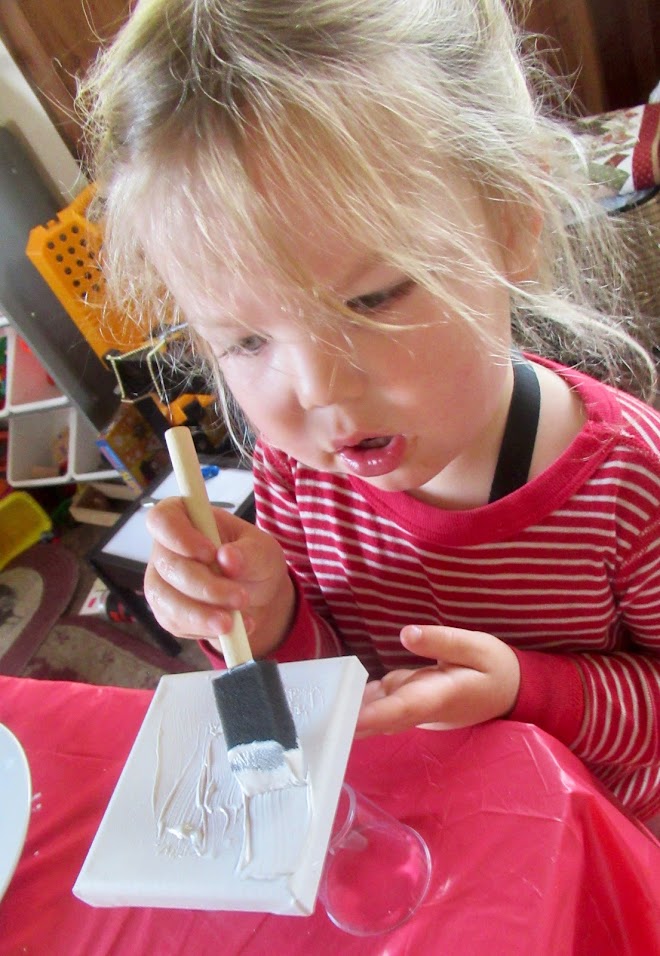“Anything Goes,
But don’t blink, You Might Miss” [The Killers]
“I did the best I could.” Is that statement a fact or an opinion? A child makes that statement and believes it to be a fact; a parent hears that child say those words, and believes them to be an opinion, because the parent has seen better production in the past.
What about the arena of raising children? How often has that refrain been submitted for public perusal? “I did the best I could.” And you have to believe that the person speaking, firmly trusts that those words are the truth. Unfortunately, these things do not materialize in a manual, in black and white; no, we’re back to shades of gray.
I have always believed that discipline, either in the classroom, with 37 eighth graders, or at home with three sons, is either the hardest task you have to deal with, or the easiest. There does not seem to be any middle ground. For me it has always been the easiest, because I learned early on, that one key to success in either setting, is making your expectations crystal clear.
Kids find it so easy to say, “I didn’t know we couldn’t [ride our bicycles off the shed roof; dress the dog up in Mama’s Sunday-go-to-meeting clothes; sell younger sibling’s Nintendo 64, whatever] and then proceed to try and convince you that it was all a misunderstanding. When I was lead teacher at the middle school, I directed student council in the revision of the student handbook. In the area of potential indiscretions that students could perform, that would merit suspension, I had them list the most common, but added the disclaimer that I had not listed all possible offenses, and that they should use common sense.
Paul and I teamed for ten years together. Our official mantra was, “Make wise choices.” If the students, or my own sons, knew in advance what was acceptable, and what was not, then there was no anger, and no resentment. Parents frequently come storming down to school when they feel their children have been maligned. But Paul and I never had that problem, because we always asked clarifying questions, and established that poor choices had been made, and therefore the referral had been earned.
Where do the shades of gray come in? Just as the question arose today, on one of the blogging sites, about whether or not permission should be given to a nineteen-year-old, to travel four hours to attend a concert, so these types of decisions arise every day. We were taught in the credentialing program, that teachers, on average, make 3,000 decisions every day. Parents, too. Shades of gray. You have to be consistent, but you have to appreciate that different kids have different needs.
One iron-clad rule on campus, was that a student could not leave the classroom without permission, or the consequence was five steps, and suspension. The teacher is always responsible for students in his or her care, and if one kid flies the coop, the teacher is still accountable. Therefore, we always made that perfectly clear. Shades of gray don’t work as well with 37 in the same classroom.
However, anyone who has either taught middle school aged kids, or raised one or more, knows that there are times when discretion is the better part of valor. In every class I ever taught, there was always one kid, maybe two, and not always male, with whom I had a standing agreement, that if things got too overwhelming, he could go out to the big field, and run a lap. I could supervise from my window, without seeming to, so there little chance I could lose one.
All a kid had to do on the way toward the door, was indicate that the field was his or her destination, and I would nod, giving them official sanction to try and clear out some pent up emotion, without subjecting my classroom, and those in it, to an explosion. It was a simple arrangement, but one that proved worth its weight in gold. There was an element of trust involved. They trusted me to have such a contingency in place, and I trusted them not to abuse the privilege.
Kids need to have firm boundaries, but those confines need to be adjustable, to account for hard times, or confusing times, or for just being “caught in the middle.” Having expectations for normal circumstances is all well and good, but the age cries out for anything that is not the norm. That’s why it’s critical to have a contingency plan, to cover the unexpected romantic disaster, the rift between bff, or-perish the thought-an academic crisis with lunch times now being spent in lunchtime detention, otherwise known as Chez Kathy.
It’s a fact that middle school-aged kids fall apart at the drop of a baseball cap, and it’s my opinion that to expect kids to behave properly under emotional duress, is not very practical. Therefore, you have to have a bailout plan; it may not save the ship from going down, but at least it will buy you some time.
That will allow the unfortunate one to report to detention, find that bff is already there, so making up can occur, and the two of them can work to complete the missing academic assignment. While there, a new connection is made, and the old boyfriend is forgotten.
“Anything goes, but don’t blink, you might miss...”















We set boundaries for our kids, but then let them have choices and decision making on so many of their own little details. I should say, details that seem little to me, but actually hold great importance to them. So far, it's working out great!
ReplyDeleteIn the arena of child-rearing (and so many other things), I never feel as though I'm doing my best. I often feel that my kids are doing the best they can, given the mother they have to work with.
ReplyDeleteThank you for this thoughtful post. I think if I were in a room full of 37 middle schoolers it would turn into "Lord of the Flies" pretty quickly.
Michelle, I think you are nailing it there. Kids don't need or want control of all things big. They need and want adults to set the boundaries and lay out the rules so they know they are safe. Having choices within that framework gives them appropriate power, confidence, and and buy in. Te tough thing for me as a middle school counselor is seeing kids who are "feral children" - meaning there is no adult in their home world who is willing to take charge and do the tough work of real parenting.
ReplyDeleteS. Stauss, -- I NEVER felt as if I was doing my best in the arena of child rearing. I was too cognizant of the fact that this was THE most important work of my life and I was not going to fail them. But the flip side to that was I now believe I took it TOO seriously. In retrospect, if I could change things, I would lighten up more. Take more time to play and less time to deal with chores, more time to just chill instead of having to "do something". In general, I would be , frankly, kinder to MYSELF, cut myself more slack and acknowledge that I am doing the best I know how. Had I been kinder to myself, I might have had more fun. Don't get me wrong - my son and daughter are good people - responsible, caring, respectful, but my son especially has my more serious nature and I feel sorry for him! Meg knows how to play more and she encourages that in me.
ReplyDeleteJust saying...... :)
Heavens to Murgatroyd! I wanted to clarify something that just occurred to me. Discipline being easy, does not translate to raising kids being easy. I do not know if that thought came through in the piece. Thanks for your observations.
ReplyDeleteMichelle: It's so all about perspective.
S. Stauss: Your comment is the one that made me want to make the disclaimer that discipline is only one of a thousand aspects of successfully raising kids.
JT: It sounds as though we have to be willing to trust our kids to live by the principles they are taught, and yes, relax. Both of your kids are radiate confidence and initiative. And what a meal on the 26th. What more can you ask?